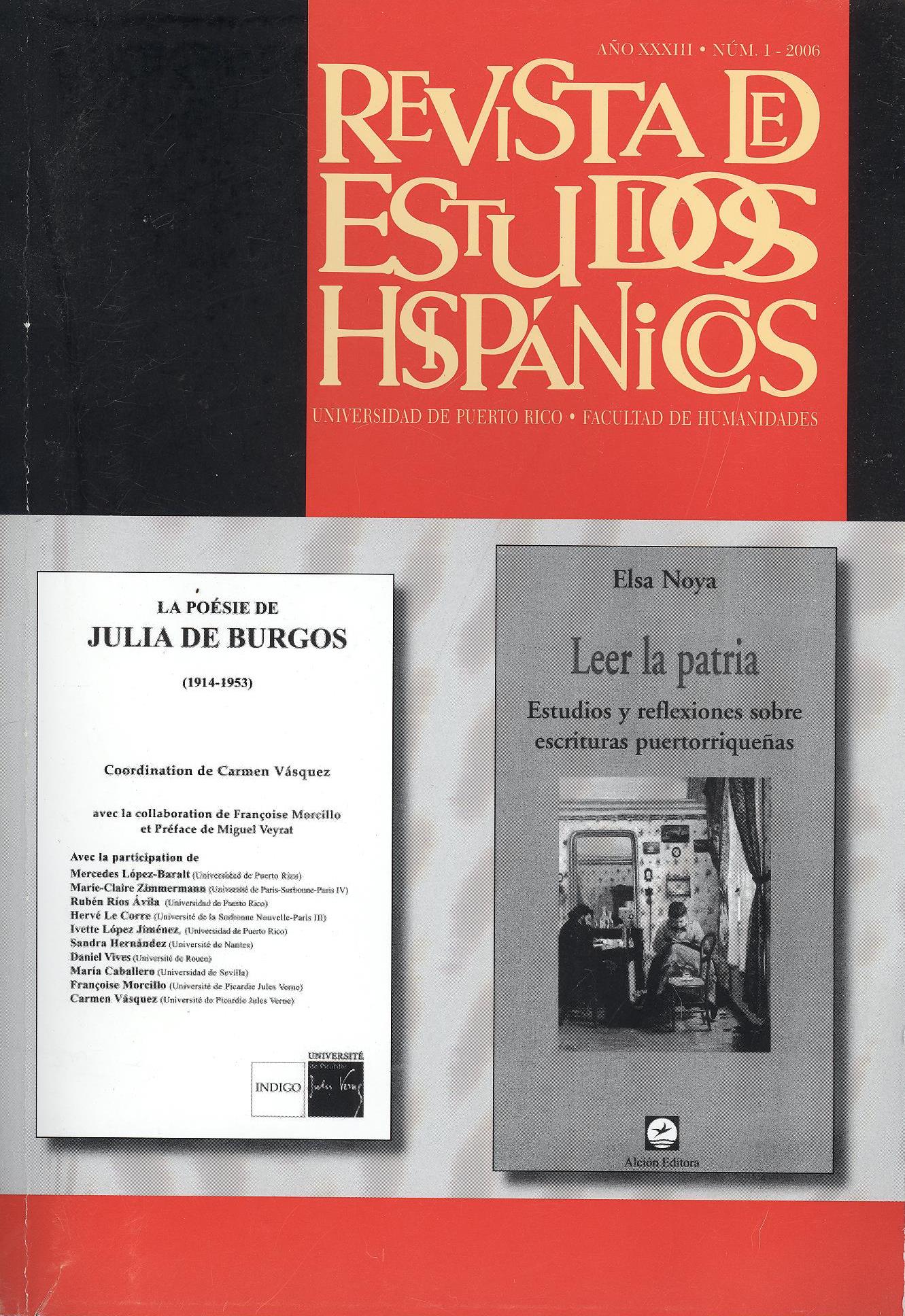Abstract
This article revolves around one key question: How does one write after the canon? In the case of Puerto Rican fiction writers of the end of the 20th century, this question could be rephrased in the following manner: How does one write after the norms of a prestigious canon have been questioned and labeled as obsolete, essentialistic and lacking a familiarity with contemporary literature? The recurrence of an aesthetics of estrangement enters the Puerto Rican cultural field as a form of exorcism and detachment from the canon. These emergent short narratives are characterized by multiple variants of this aesthetics of estrangement. They are no longer organized as a defense of a national and collective subject. Instead, they display a variety of subjectivities and unusual events. However, unlike Rosario Ferré, who reads with surprise Felisberto Hernández's leap from the edge of a realist form of representation, these new short story writers seem to take the leap that Ferré decides to close at a given moment and for her own texts.This work is licensed under a Creative Commons Attribution-NonCommercial 4.0 International License.
Downloads
Download data is not yet available.

